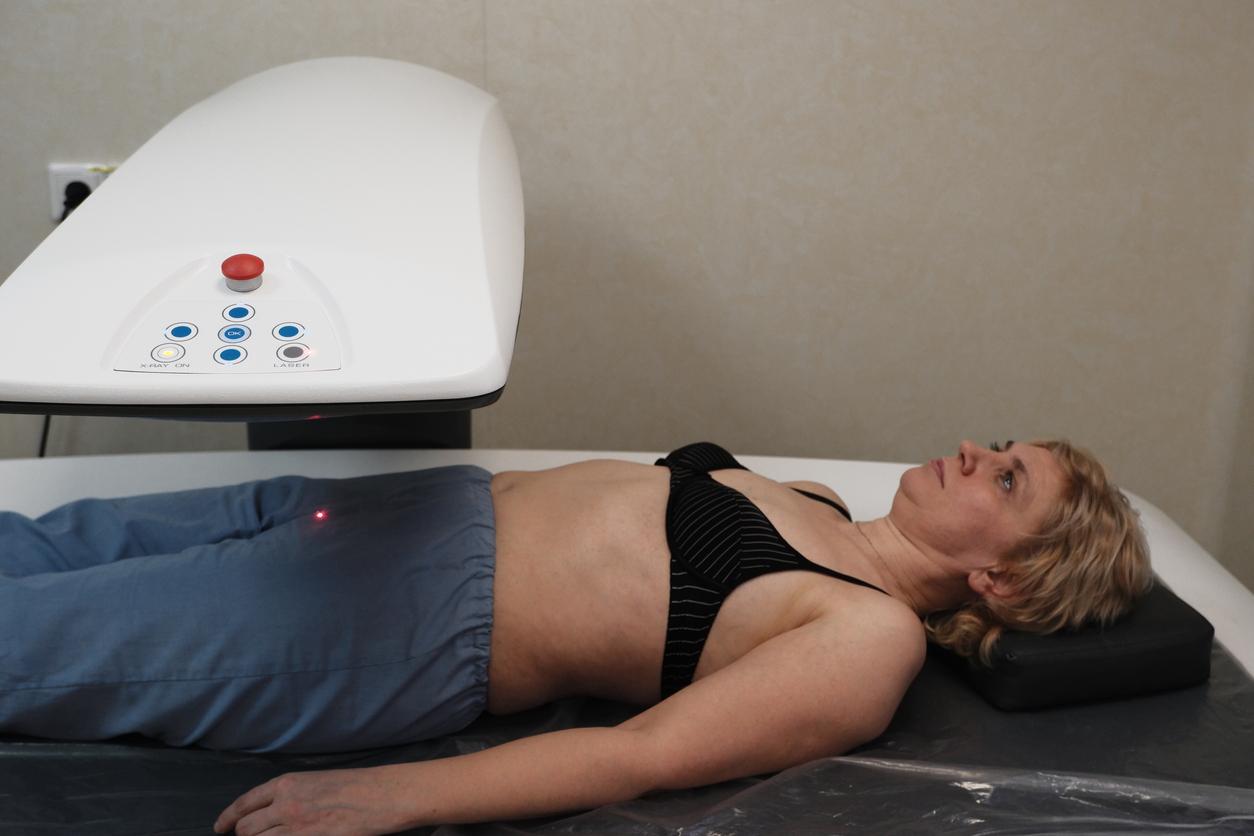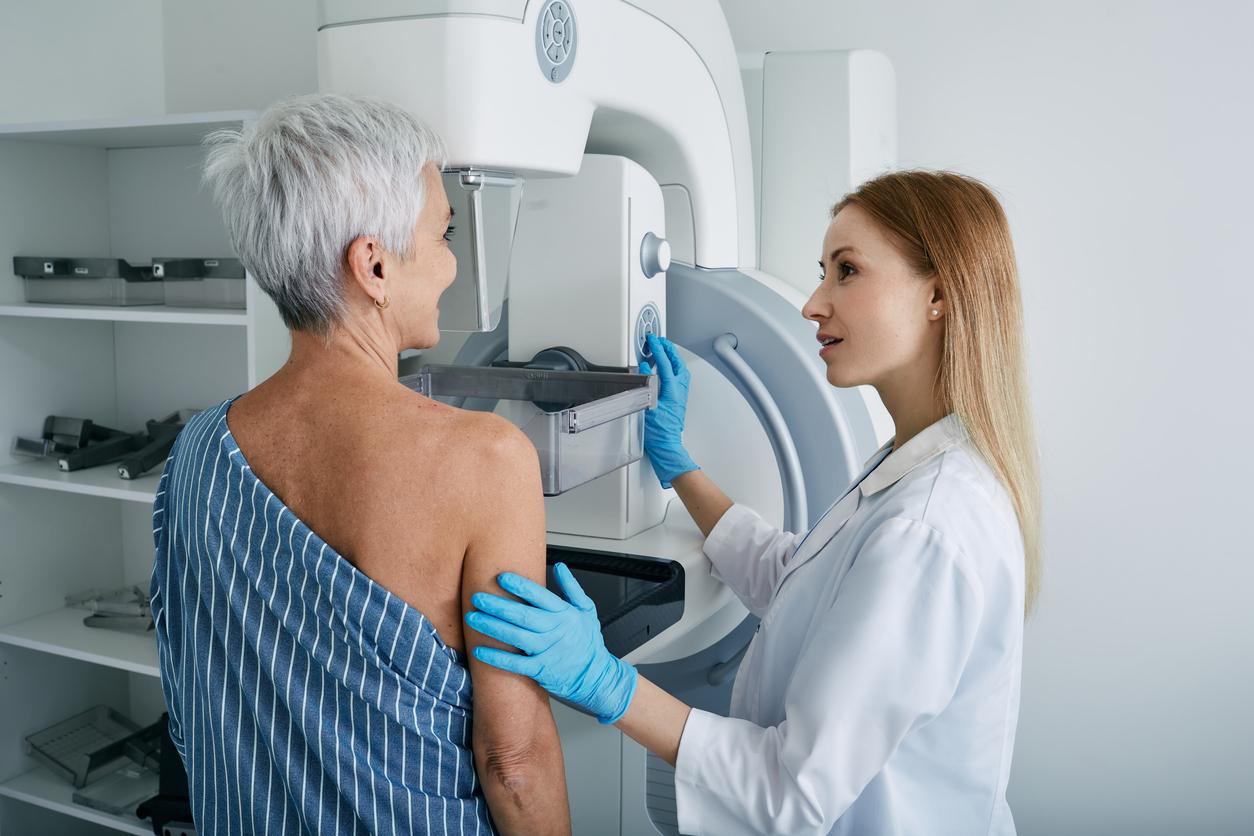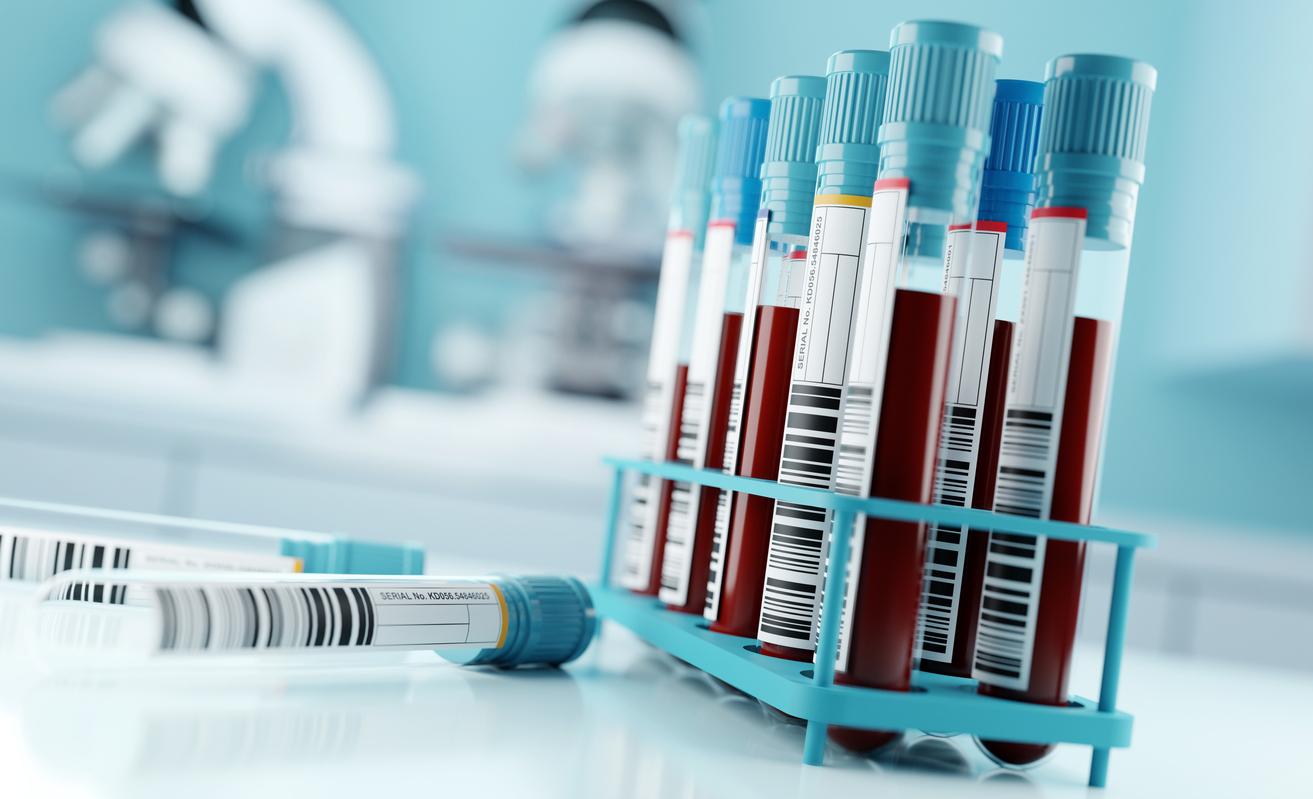Transgender women are screened less often for prostate cancer than cisgender men.

- Transgender women are screened less often for prostate cancer than cisgender men, according to a new study.
- “PSA screening rates among transgender women and cisgender men aged 55 to 69 are 22.2% and 36.3%, respectively,” the researchers said.
- With 59,885 new cases diagnosed in France in 2018, prostate cancer is the most common in our country.
According to a new investigationtransgender women are screened less for prostate cancer than cisgender men.
“There is no consensus on how to promote prostate-specific antigen (PSA) screening in transgender women despite their known risk of prostate cancer”explain the authors in the preamble.
“Our objective was therefore to identify factors associated with recent (i.e. within the last two years) PSA screening among transgender women compared to cisgender men,” they add.
Prostate cancer: 22.2% of transgender women are screened
Their study was based on people included in the BRFSS (Behavioral Risk Factor Surveillance System) surveys carried out in 2018 and 2020. 255 transgender women and 1,020 cisgender men were matched by sociodemographic variables. Their data was collected on November 2, 2022 and analyzed from November 2, 2022 to December 3, 2023.
Results: PSA screening rates among transgender women and cisgender men aged 55-69 years were 22.2% and 36.3%, respectively. Among people aged 70 and over, these rates were 41.8% and 40.2%, respectively.
In contrast, when a clinician previously recommended a PSA test during a consultation, there was no longer a statistically significant difference between the screening rates of transgender women and cisgender men.
How to get screened for prostate cancer?
Two examinations are now possible in France to detect prostate cancer. Rectal examination, which allows the doctor to check the volume, consistency and texture of the surface of the prostate, or the PSA (prostate specific antigen) dosage, which allows, via a blood test, to measure the level of a protein naturally produced by the prostate.
Prostate cancer is a disease that develops from initially normal cells that transform and multiply in an anarchic manner, until they form a mass called a malignant tumor. “The majority of prostate cancers are adenocarcinomas,” precise the National Cancer Institute.
With 59,885 new cases diagnosed in France in 2018, prostate cancer is the most common in our country. It is very rare before the age of 50, and its incidence gradually increases with age.


















